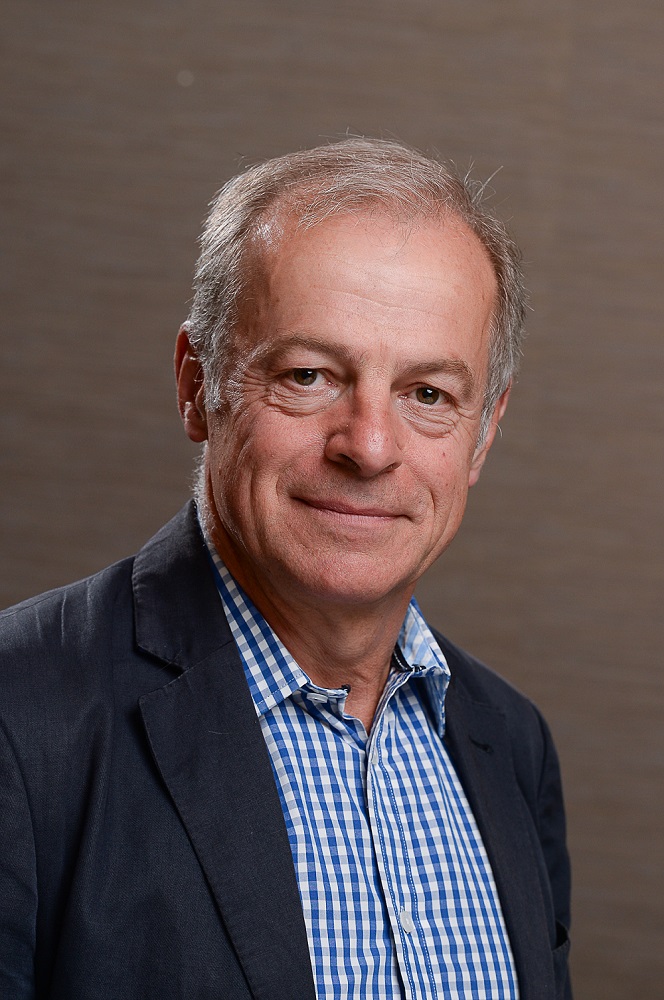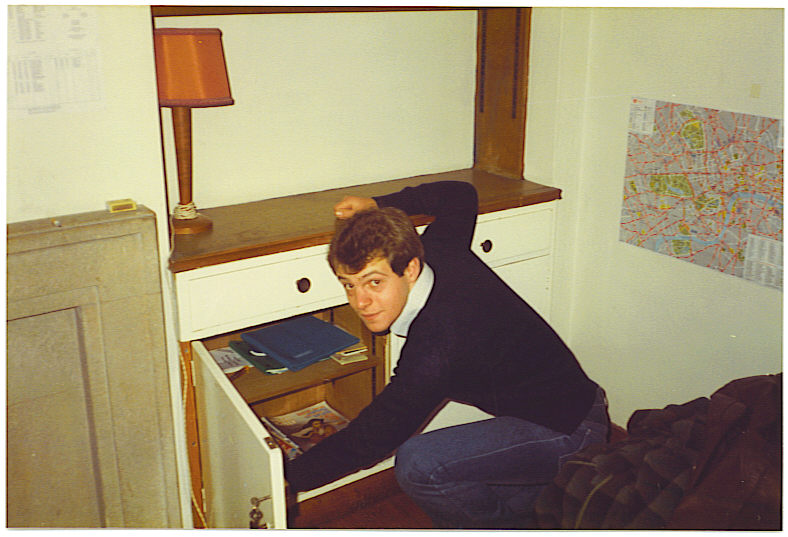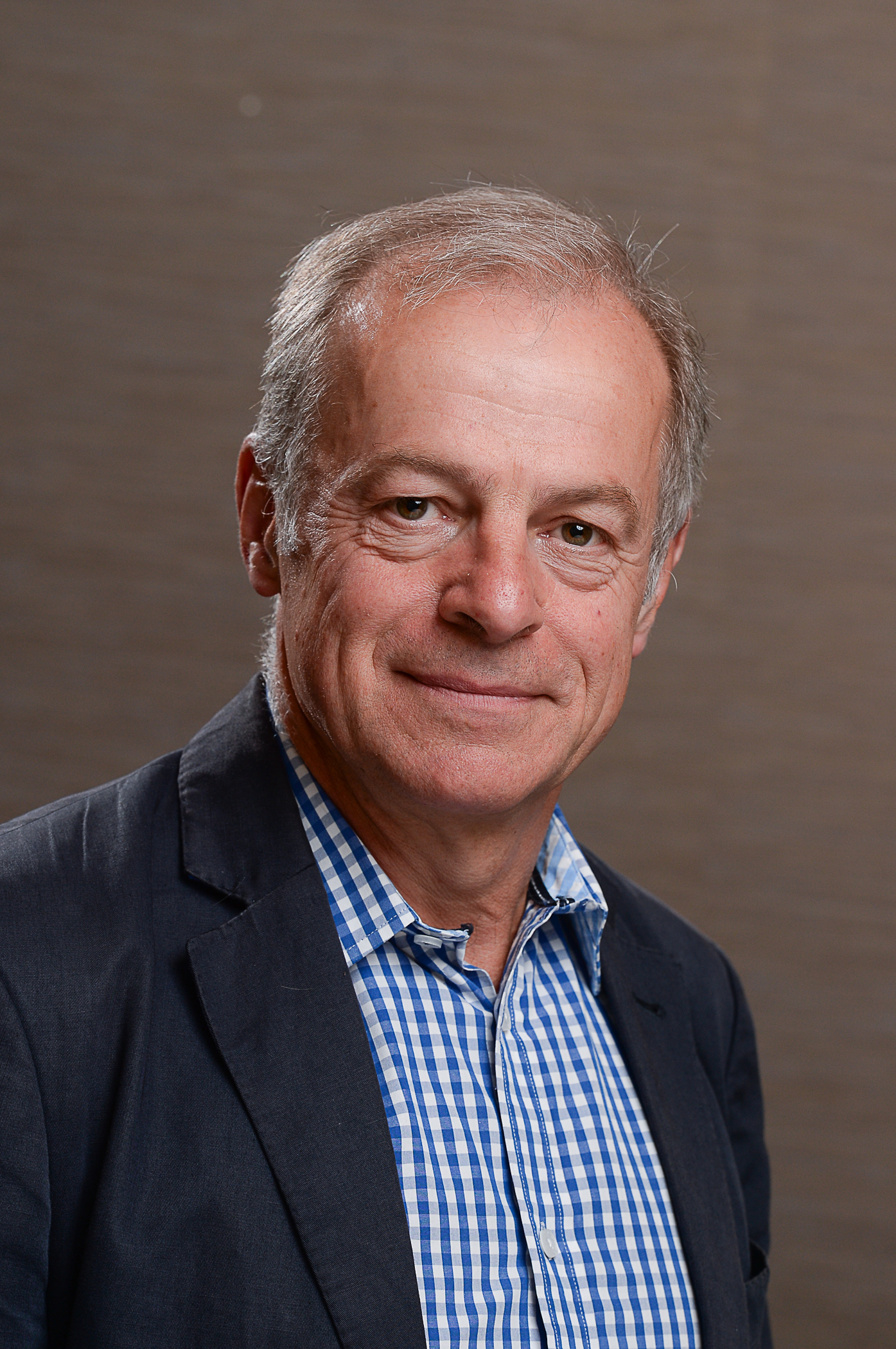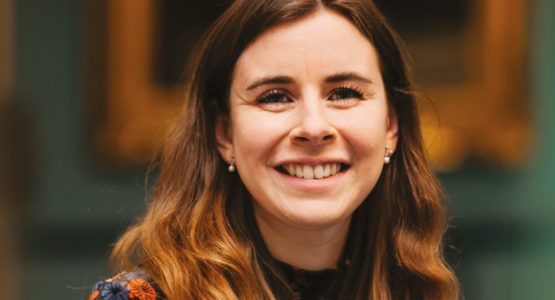Having had a busy and varied career, Tim Curtis (1981) is currently Chair of Lifestyle Fitness and Cotswold Collections. He also provides multichannel retail consulting and advisory services to a number of businesses. Tim is an experienced mentor for business leaders and entrepreneurs, and he offers mentoring to students on the Cambridge Judge Business School’s Masters in Entrepreneurship programme.

One day I will work out what I really want to do. In the meantime, I’ve enjoyed the journey, which started before St John’s when I spent my ‘gap year’ in the Royal Engineers. I continued after graduation, concluding in Explosive Ordnance Disposal (EOD) setting up a unit to support Airborne forces. Standard EOD kit is bulky and heavy, which is unhelpful when you are parachuting, so I went back to first principles as we developed novel approaches to clearing IEDs and booby traps. In retrospect, it provided a really good foundation for meeting the challenges of entrepreneurship.
Knowing I didn’t want to make a career in the army, I moved into the world of management consulting, with a view to finding an industry I liked. Along the way I did an MBA at INSEAD before taking a general management role with a client, Halfords, who were then part of the Boots Group. More by luck than judgement, I had ended up in retailing, and I loved the variety from daily trading to longterm planning, and from attention to detail to high-level strategic thinking. After running Halfords Autocentres I broadened my functional experience with logistics and then trading roles at Do It All, another group company.
When Boots sold off this subsidiary, I reflected on my career and felt I needed mergers and acquisitions experience. The opportunity came through Vivendi, a French business-tobusiness (B2B) services company. Although the experience was valuable and I liked the people, I was bored by the business. However, it led me to this new thing called ‘dotcom’, which was booming. People were raising money with huge enthusiasm but spending it with equal abandon. Our start-up was a business-to-consumer
(B2C) platform for rare and used books. On the last day of due diligence for serious investment the market crashed and our prospective private equity investor pulled out. We eventually sold to a larger US player in return for shares, and I discovered how these can be diluted to be effectively worthless when a business has to raise more and more fresh capital. Another good lesson!
Fortunately the experience was highly marketable, so I then joined Mothercare to run their direct (as opposed to stores) division. The overall business was in turnaround mode and direct was critical to navigating the supply chain issues that had crippled the business. So it was another great experience, teaching me how to manage when cash is constrained. My next turnaround was as Managing Director of the European division of Lands’ End, a US direct-to-customer clothing brand. I could now control all the levers of profit and loss, and I thoroughly enjoyed the success that followed, especially seeing the team earn their first bonus in many years.
I never had a mentor in my career, though I wish I had. It might have given me the confidence to go with my instincts, or to realise sooner that I was an entrepreneur even though I didn’t have a specific idea for a new business.
To exploit over 20 years of multichannel retail experience, I switched to interim management and advisory roles. I now have a portfolio of roles as an advisor/consultant, mentor and chairman. My favourite role is at Lifestyle Fitness, where I am Executive Chair, having led a turnaround in 2017 and then a management buyout in 2019. We partner with schools, colleges and community associations to develop and operate their sports facilities. It’s very satisfying to see the health improvements we bring to local communities and the revenue we provide to our partners, being able to steer the team without having to get involved in the day-today frustrations of running operations. I’m getting a bit old for that.
The mentoring came along by accident. One of my connections on the Advisory Board of Econsultancy mentioned that the Judge Business School was seeking mentors for students on their Masters in
Entrepreneurship programme. I thought this would provide an opportunity to give back, as well as to learn new things, and it has also led me to mentor senior leaders in more established businesses. Mentoring for me is about using my multi-faceted experience to help leaders grapple with the issues they face. Often it’s about helping them to see a problem in the round and to frame their decisions accordingly, but it can include playing devil’s advocate or finding someone in my network with more relevant experience. Once I got a call from a mentee who was meeting a large multinational
corporation the following morning and wanted to work out his negotiating pitch. Fortunately he won the contract, though I’m not taking the credit, as it’s very important that mentees own their decisions.

I never had a mentor in my career, though I wish I had. It might have given me the confidence to go with my instincts, or to realise sooner that I was an entrepreneur even though I didn’t have a specific idea for a new business. One of my current mentees thought he wanted to start a supplements business, but it became clear to me that his real passion was adventure – for example running extreme
marathons and triathlons – so he has pivoted to trying to make a career as a professional adventurer or setting up an adventure travel company. In the short-run it will be harder but in the long-run so much more fulfilling.
The most common advice I give to my mentees is that ‘things are never as bad, or as good, as they first seem.’ Entrepreneurship is a roller coaster and not for the fainthearted, but it’s important to keep a sense of perspective. I also remind them that, although planning, focus and hard work increase your chances of success, you still need luck: timing can be everything. So says the man who bought a gym business less than six months before the first lockdown. But we navigated our way through the crisis,
and emerged with a better focused, if more heavily indebted, business. I now have a cunning plan to clear the debt and double the size of the business in four years. It’s no surprise that the other qualities I seek and encourage in my mentees are optimism and perseverance!
Written by
Tim is Chair of Lifestyle Fitness and Cotswold Collections. He provides multichannel retail consulting and advisory services to a number of businesses and offers mentoring to business leaders and students.






